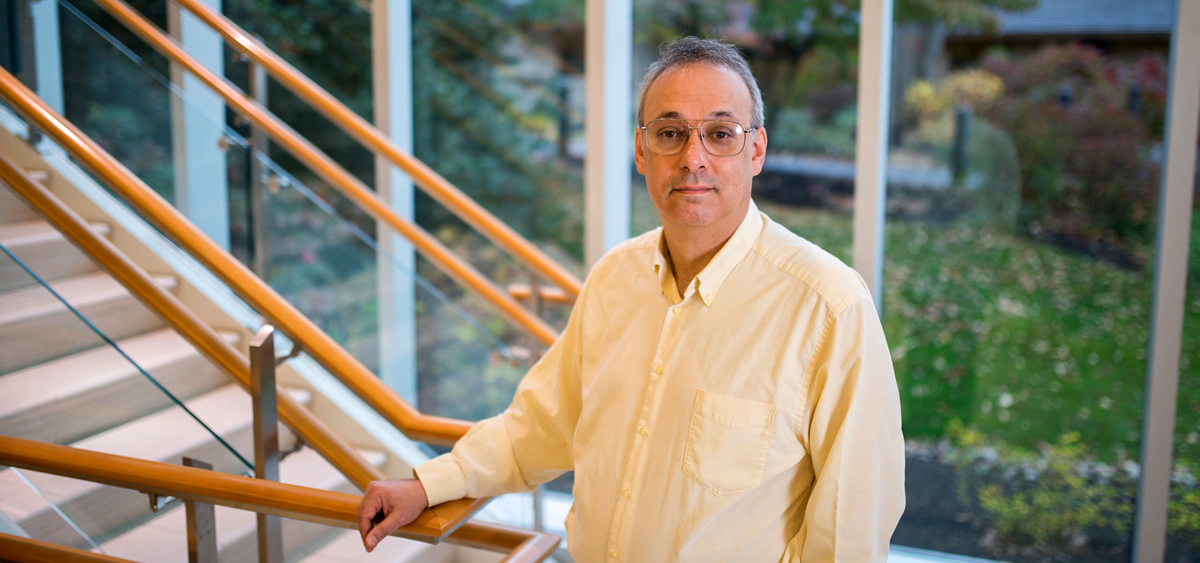
PHILADELPHIA (December 16, 2019) – New research from Fox Chase Cancer Center has set the framework for gene therapy as a possible treatment for human cystathionine beta-synthase deficiency, the most common inborn error of metabolism found in children.
Nationwide there are about 3,000 people diagnosed with cystathionine beta-synthase (CBS) deficiency, which involves a number of clinical problems such as dislocated lenses, osteoporosis, and cognitive and behavioral issues.
“As these children get older their biggest risk for morbidity is an increased risk of heart attack and stroke due to thrombosis,” said Warren D. Kruger, PhD, a professor in the Kidney, Bladder & Prostate Cancer Translational Research Disease Group at Fox Chase.
Currently, CBS deficiency is managed using vitamin supplementation and food restrictions. To explore possible new treatments for CBS deficiency, Kruger and colleagues created a method of gene therapy called minicircle-based naked DNA gene therapy and tested it on a mouse model for CBS deficiency.
“Using a high-pressure injection, the naked DNA was injected into the mice where it traveled to the liver,” Kruger said. “We showed that the DNA we treated was expressed in the liver and could reverse the phenotypes we observed in mice with CBS deficiency.”
The researchers looked at the levels of total homocysteine (tHcy), an amino acid found in the blood. High levels of tHcy are associated with cardiovascular problems and CBS deficiency. Normal levels of tHcy are between 5 µM and 15 µM.
The average amount of tHcy in the injected mice with CBS deficiency decreased from 351 µM prior to the naked DNA injection to 176 µM seven days after the injection. This rate remained decreased for at least 42 days.
“This is significant because it is the first example that gene therapy might be a possible treatment for this disease,” Kruger said. Although the specific type of gene therapy used in this study provided proof of concept that this therapy could work, these methods could not be applied in humans, Kruger added.
Humans could not withstand the high-pressure injection the way mice can. Instead, Kruger and colleagues are exploring the use of a different type of gene therapy, a recombinant retrovirus, in another mouse model to see if this method could ultimately be tested in humans.
This research was funded in part by grants CA06927 and R01GM098772 from the National Institutes of Health and an appropriation from the Commonwealth of Pennsylvania.
The paper, “Treatment of Cystathionine β-synthase Deficiency in Mice Using a Minicircle-Based Naked DNA Vector,” was published in Human Gene Therapy.